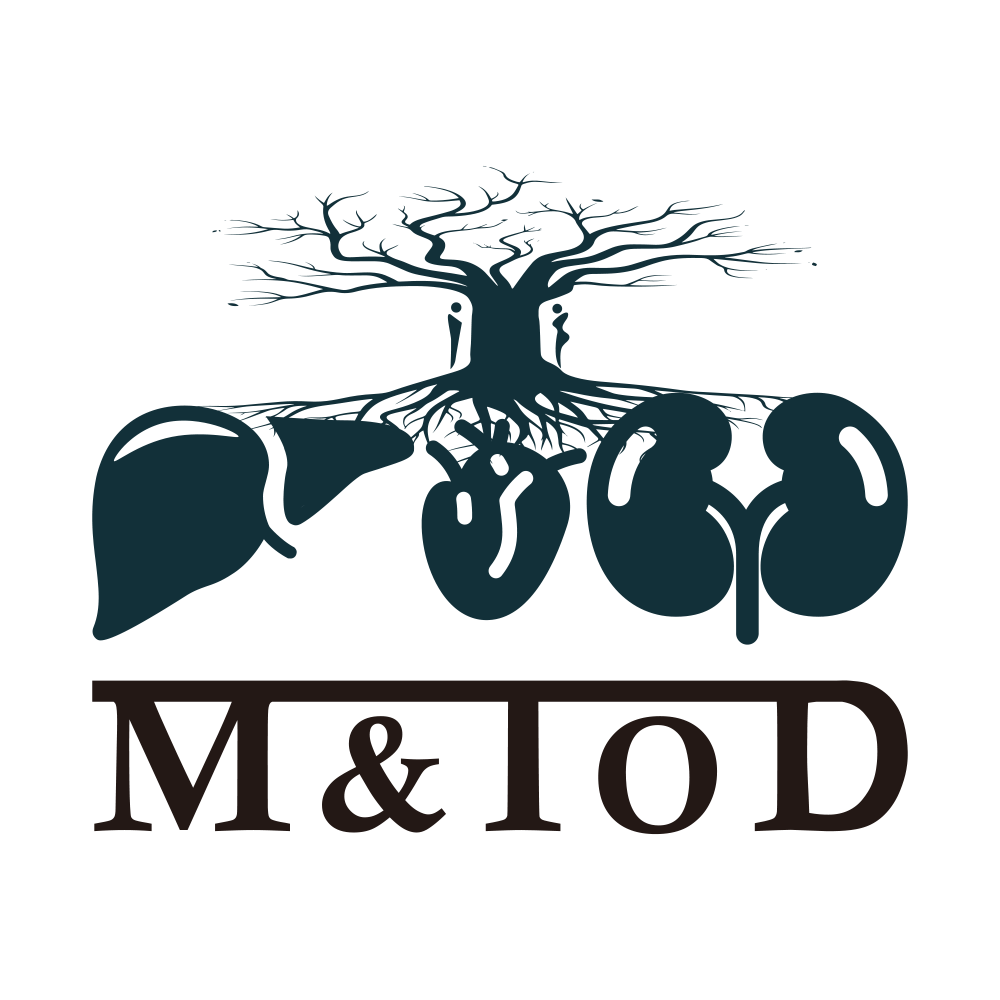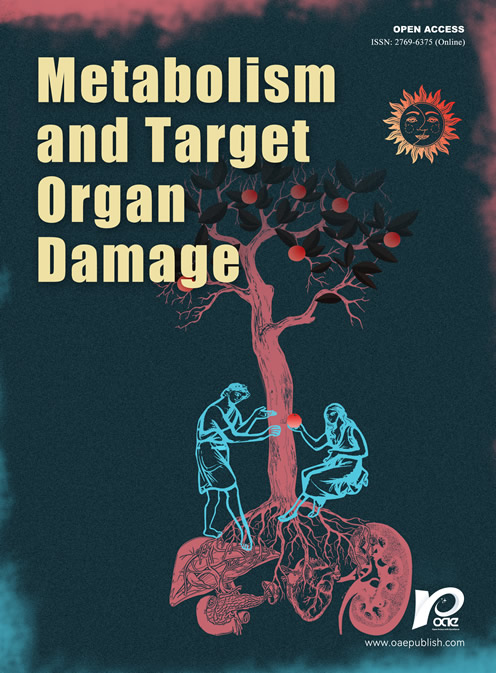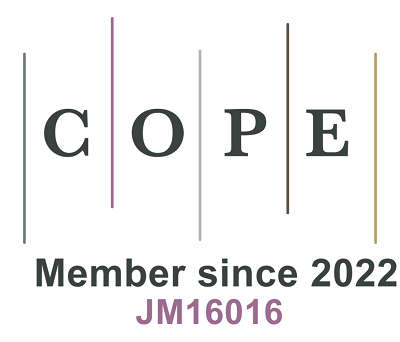A Special Interview with Prof. Mikhail G. Kolonin-Metabolism and Target Organ Damage
On November 29th, 2022, the Editorial Office of Metabolism and Target Organ Damage was very honored and delighted to have a special interview with Prof. Mikhail G. Kolonin, Professor & Director, Center for Metabolic and Degenerative Diseases, University of Texas Health Science Center, Houston, USA; Harry E. Bovay, Jr. Distinguished University Chair in Metabolic Disease Research. Dr. Mira Kheil, from the Department of Pathology at Wayne State University School of Medicine and Detroit Medical Center, Detroit, USA, joined the special interview as an interviewer.
In the exclusive interview, Prof. Kolonin discussed the general pathological mechanisms associated with obesity and cancer. He explained how diet and excess fat tissue increase cancer risk. He mentioned that breast, ovarian, and prostate cancers are separate because they face different types of tissue. Furthermore, prostate cancer is not caused by obesity and is more aggressive. Prof. Kolonin also shared that fatty liver disease often leads to cirrhosis, accumulation of extracellular matrix in liver and cirrhosis and liver fibrosis, as well as fibrosis of other organs. It is also carcinogenic and inflammatory. Moreover, he proposed that the way to lose weight naturally is still lifestyle intervention, such as diet and exercise.
Questions for this interview:
Q1. It has been known for a long time that obesity is associated with certain cancer types. For example, the seminal study by Calle et al. (N Engl J Med 2003;348:1625-38) found that, compared to normal-weight individuals, obesity was associated with higher mortality owing to malignancy in either sex. The most common were cancers of the esophagus, colorectum, liver, gallbladder, pancreas, and kidney, non-Hodgkin lymphoma and multiple myeloma. However, almost 20 years later, the study by Calle showeds that the cellular and molecular mechanisms underlying these associations remain elusive, although hyperinsulinemia, hyperglycemia, sex hormones, adipokines, chronic inflammation, oxidative stress, and altered immune response are believed to play a role (Metab Target Organ Damage 2022;2:8). In addition to this, are there any additional general pathomechanisms involved in the association of obesity and cancer?
Q2. Specifically, regarding certain cancer types, your group has gained insight into prostate (NPJ Precis Oncol. 2021 Mar 22;5(1):26), breast (Cell Rep. 2022 Sep 13;40(11):111362) and ovaries (PLoS One. 2015 Aug 28;10(8):e0136361). Do you believe that these three different cancer types share any common pathomechanisms associated with visceral obesity?
Q3. Another seminal study (J Hepatol. 2019 Dec;71(6):1229-1236) conducted on 4,722 adults with nonalcoholic fatty liver disease (NAFLD) compared to 14,441 age- and sex-matched controls followed for a median of 8 years found that nonalcoholic fatty liver disease (NAFLD ) was associated with increased risk of cancers (most of which affect the gastrointestinal tract). However, in people without NAFLD, the association between obesity and cancer risk was small among those who did not have NAFLD, suggesting that NAFLD may mediate the association between obesity and cancer. What specific cellular and molecular underpinnings can link this association of NAFLD with cancer?
Q4. If we admit that obesity predisposes people to cancer, then what we expect is that targeting obesity would result in a reduction in cancer. Confirming this assumption, aA study published in June 2022 confirmed the hypothesis and reported that, compared to no surgery, bariatric surgery was associated with a significantly lower incidence of obesity-associated cancer and cancer-related mortality among adults with obesity (JAMA. 2022 Jun 28;327(24):2423-2433). Could you please discuss any non-surgical options that may have the same beneficial outcomes as bariatric surgery?
Personal Introduction:

Prof. Mikhail G. Kolonin received his Ph.D. in molecular medicine from Wayne State University School of Medicine. He is Professor (with Tenure) and Director of Center for Metabolic and Degenerative Diseases, University of Texas Health Science Center in Houston, USA; Harry E. Bovay, Jr. Distinguished University Chair in Metabolic Disease Research.
Research in the Kolonin Laboratory covers stem cells, obesity, and cancer with a focus on intercellular interactions in adipose tissues and tumors and the role of adult progenitor cells in pathology. Prof. Mikhail G. Kolonin has received many honors, including 2013 Annie and Bob Graham Distinguished Chair in Stem Cell Biology Endowment and 2014 American Board of Stem Cell Medicine and Surgery (ABSCMS) Executive Board of Governors. He is on the Editorial Board of several journals, such as Cancer Research, Adipocyte, American Journal of Stem Cells and Journal of Cancer Biology & Treatment, etc.









